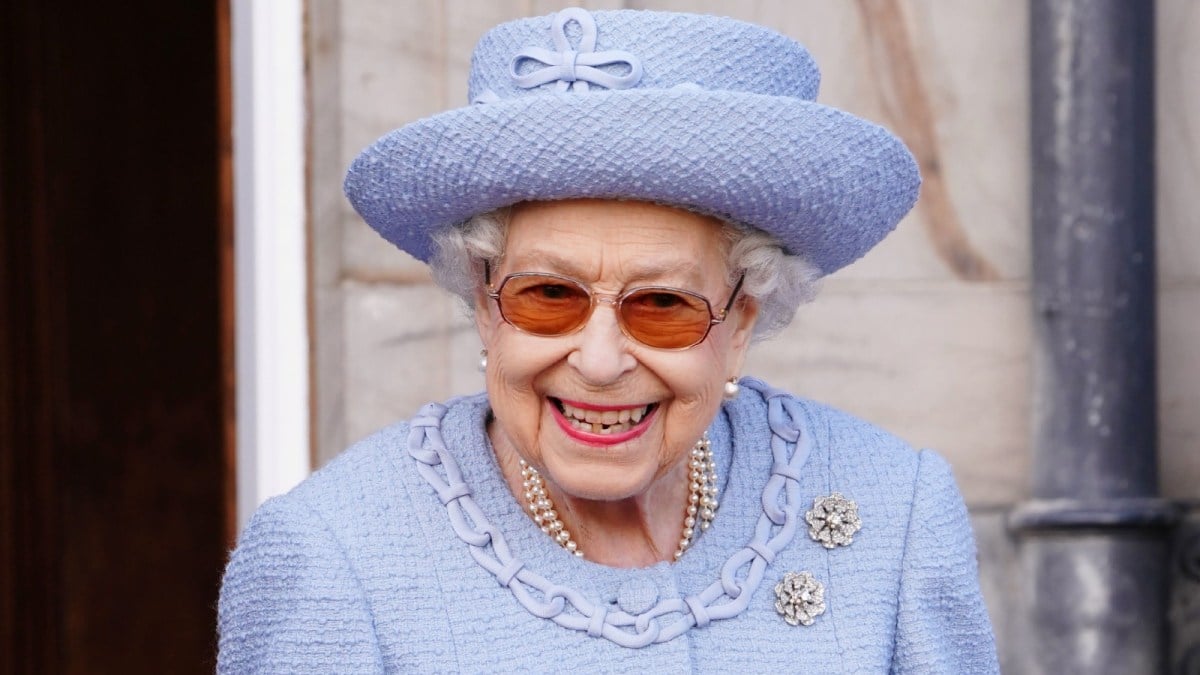The world is mourning the passing of Queen Elizabeth II, the oldest and longest-ruling head of the British monarchy, who ascended the throne in 1952 at just 25 years old, and held it until her death at the age of 96. Or should we say, much, but not all, of the world is mourning — as the British Empire does evoke painful memories for those whose ancestors have been on the receiving end of various atrocities it has committed throughout the centuries.
Now, an online discourse is heating up over whether it’s appropriate to take pleasure in the death of the Queen.
On Thursday morning, when news of Elizabeth II’s ailing health was first reported, Dr. Uju Anya, Carnegie Mellon University professor and researcher in applied linguistics, tweeted her feelings on the matter.
“I heard the chief monarch of a thieving raping genocidal empire is finally dying,” Anya wrote. “May her pain be excruciating.” Twitter eventually removed the tweet on Thursday afternoon for violating its rules, though which rules it violated are unclear.

Anya explained her disdain for the British as a colonial power in a series of followup tweets that Twitter opted not to remove.
“If anyone expects me to express anything but disdain for the monarch who supervised a government that sponsored the genocide that massacred and displaced half my family and the consequences of which those alive today are still trying to overcome, you can keep wishing upon a star,” she wrote.
“That wretched woman and her bloodthirsty throne have f*cked generations of my ancestors on both sides of the family, and she supervised a government that sponsored the genocide my parents and siblings survived,” Anya added. “May she die in agony.”
Though Anya does not specify which genocide she’s referring to — the British empire has committed its fair share, of course — one would have to imagine that she’s pointing to the Mau Mau Rebellion, which took place in what was then known as British Kenya from 1952 to 1960. During the eight-year conflict, hundreds of thousands of the Kikuyu people were displaced, tortured, raped, and murdered.
A welfare group for former members of the Mau Mau movement later sued the British government in 2002 on behalf of survivors, and a settlement was eventually reached, though the United Kingdom continues to deny liability to this day.
Although Elizabeth II’s personal role in the conflict was likely negligible at best, two things can be true simultaneously, in that the British monarchy remains a source of pain for those involved in the uprising, and their descendants.
Still, many people jumped into Anya’s mentions to lecture her on propriety, and there being “a time and a place” — many of whom were quickly rewarded with spicy clapbacks.
Anya also retweeted several other likeminded individuals who suggested, albeit more diplomatically, as to not anger Twitter, that silencing colonized people is never a good look, regardless of who died.
Not to delegitimize anyone’s feelings on either side of the debate, but one thing we can probably all agree on is that sometimes it’s good to step away from Twitter and take a deep breath. This is one of those such days!

